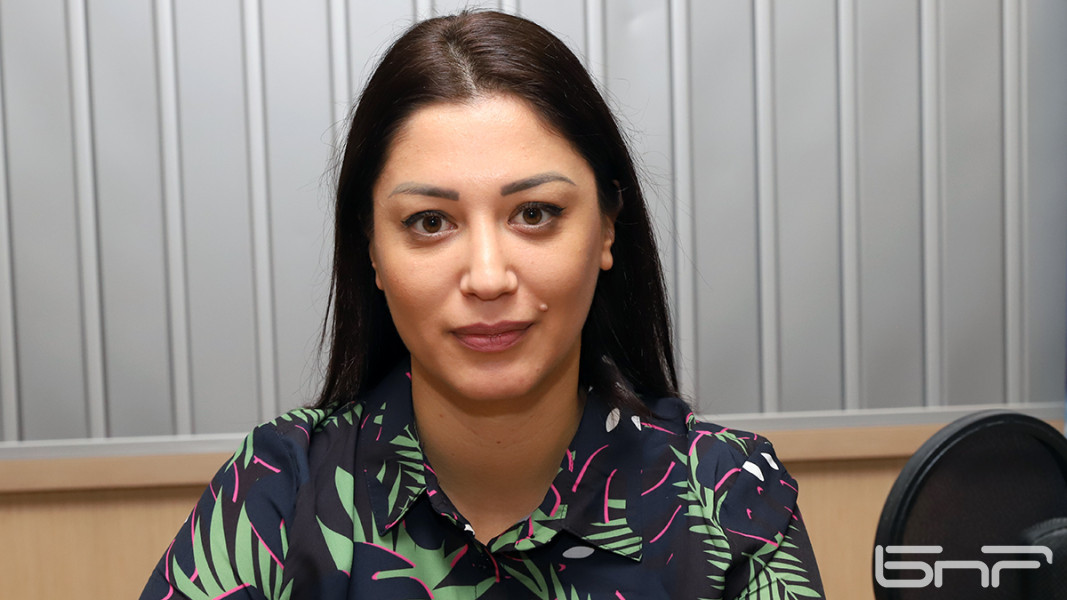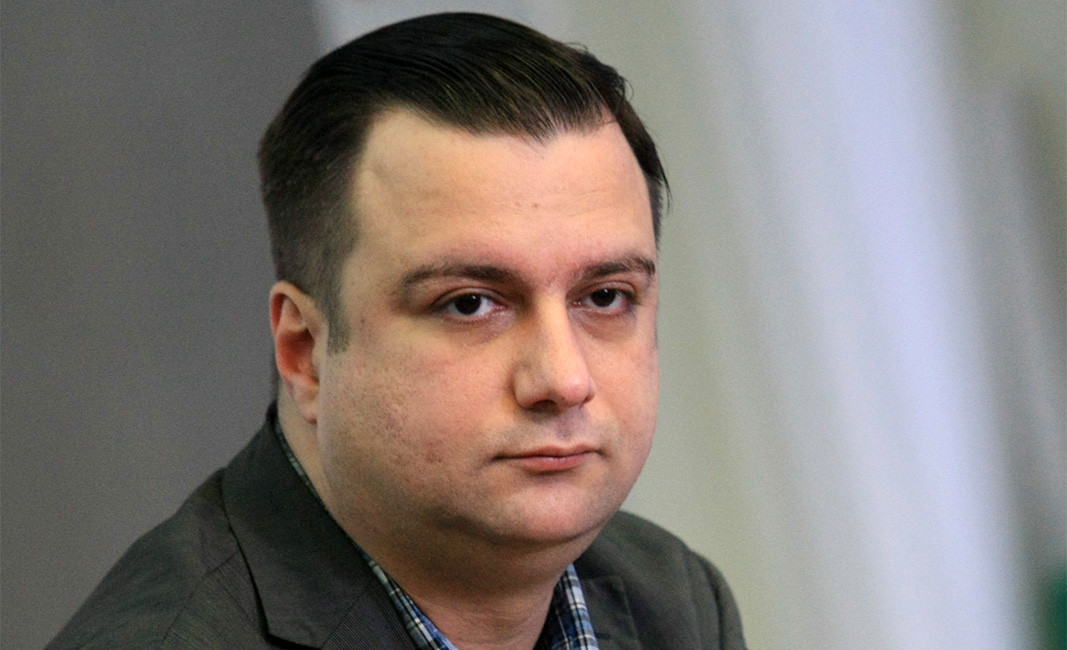The National Crisis Headquarters has called on the government to introduce a lockdown, in order to contain the spread of coronavirus infection and ease the pressure on this country’s health system. According to sociological surveys, anxiety among Bulgarians related to Covid-19 epidemic has increased. People are worried that they will not be able to receive adequate medical care if they get infected with the virus. 41% of the respondents express concerns that they cannot buy medicines, a survey of Trend sociological agency shows.
“We hear from the media that some general practitioners do not pick up their phones and that some people do not receive the necessary hospital treatment. This definitely leads to social tension”, political analyst Evelina Slavkova from Trend sociological agency commented. “Meanwhile, according to the survey, economic concerns still outweigh the fears of coronavirus infection. People are more afraid of being left without money and livelihood than dying”.

“Bulgaria’s society is strongly divided and politicians rather accept those who express economic concerns. If in April 2020, 55% of the people supported a lockdown, only 12% of the respondents approve such a measure in November against the backdrop of everything we see in public space”.
Political scientist Associate professor Boris Popivanov commented for BNR that this can become dangerous, because peoples’ attitude is one thing, but the adequacy of the measures from a medical and economic point of view is something different:

“Most Bulgarians do not have any financial buffers that would allow them to plan their lives without incomes or with unsecure incomes for months. Therefore, their fears for their own survival are extremely high and outweigh the fears of the coronavirus disease itself. We are consuming the consequences of the collapsed trust of the citizens in the adequacy of a state policy to address their fears and bring stability. People do not believe in anything. As a result, conspiracy theories are born and people are not willing to believe the competent medical authorities. The lack of trust in the adequacy of the politics strongly affects the health system which is struggling to withstand the pressure.”
Is Bulgaria’s government able to introduce heavy, unpopular decisions?
“This would be very difficult. After the first lockdown we commented that if any ruling party attempts to close the country again, the jobless people who cannot pay their bills, as well as many branch associations would launch protests”, Evelina Slavkova forecasted.
The political scientists associate the current situation with the forthcoming Parliamentary elections in Bulgaria:
“Apathy starts to prevail again in our society – Boris Popivanov says. The voting of Bulgaria’s 2021 state budget is being completed in a situation where political measures follow peoples’ attitudes. Perhaps, this is the state budget that has attracted the least media and public attention. Main budgetary issues are replaced by statements how one group or another will receive certain amounts of money. This is a significant problem of the current political situation. It seems that not only the government, but the politicians in general do not have a clear plan what to do and how to avoid this bad dilemma-health or economy.”
Edited by: Elena Karkalanova
English version: Kostadin Atanasov
Bulgaria’s President Rumen Radev has issued a decree convening the first session of the newly elected 50 th National Assembly on June 19, 2024. At the recent snap elections, Bulgarians sent seven political formations to the new parliament. The first..
During EP elections in Slovenia, citizens also voted for preferential voting, assisted dying and cannabis for medical purposes In the European Parliament elections in Slovenia on June 9, turnout exceeded 41% - the..
The dramatically low voter turnout and resorting to protest voting are trends that are deepening among Bulgarians abroad, sociologists claim. Judging by the last few snap elections, the profile of our voter s abroad is multifaceted and .....
North Macedonia claims Bulgaria doesn’t have a project for a railway line along Corridor No. 8 The construction of the railway line from Kriva..

+359 2 9336 661
